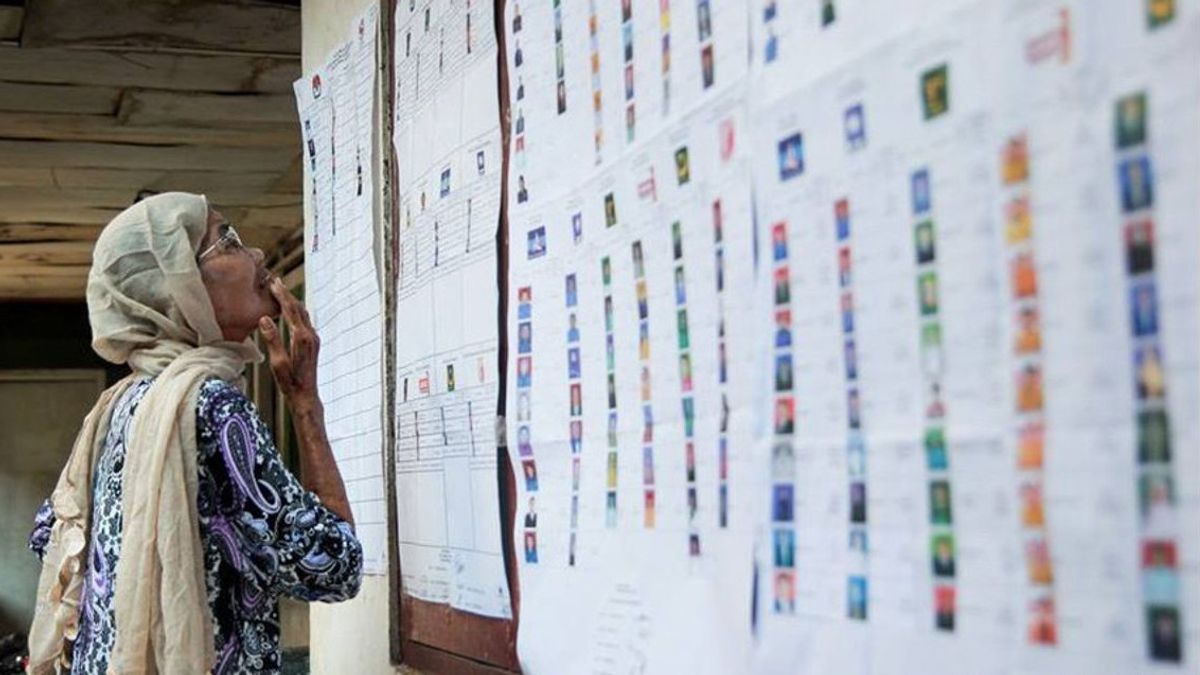JAKARTA Economic observer Institute for Development of Economics and Finance (Indef) Abra Alatttov said the government's decision to reform energy subsidies this year is considered appropriate.
According to him, there is still room for discretion in the 2022 State Budget regarding the deficit and the political cost that will be even greater if postponed.
The momentum for reform of energy subsidy policies must be accelerated in the second semester. Because this will make drastic changes to the energy subsidy policy," he said in a written statement quoted on Monday, September 19.
According to Abra, the policy will have several implications, such as inflation despite its temporary nature, as well as resistance and pro-contra from the public on new policies.
The moment of reform in the middle of the second year will also allow evaluation. So, when the negative impact is quite broad and large, the government can make adjustments or improve policies," he said.
It is explained that the discretionary space related to the deficit in the 2022 State Budget and the surplus state of the first semester of the 2022 State Budget will also strengthen the momentum of the right subsidy policy reform this year. Thus, if there is a risk due to the reform, it can still be suppressed with the flexibility of the state budget.
"I think the right momentum is this year compared to next year when the state budget deficit can no longer be above 3 percent of GDP. If it turns out that there is a negative excess of the energy subsidy transformation policy, the government can still reduce it," he stressed.
Abra gave an example if the government targets 40 percent of the lowest population to subsidies. However, in reality, people who are at 50 to 70 percent also need this subsidy.
"Of course this needs to be evaluated as to what amount of subsidy is given, how much efficiency is created from changes in the closed energy subsidy policy," he said.
Similarly, University of Indonesia Economist Teuku Riefky assessed that this is the momentum to carry out fiscal reforms, especially fuel subsidies. According to him, Indonesia has passed the pandemic and will soon enter the political year. Due to this condition, the political cost is still not as large as if postponed to the following year.
I think the sooner the better because the sooner it gets postponed, the bigger the political cost. The closer the election gets, the more expensive the political costs. In a sense, more need to be negotiated and need to get a lot of political support from any side, said Riefky.
The English, Chinese, Japanese, Arabic, and French versions are automatically generated by the AI. So there may still be inaccuracies in translating, please always see Indonesian as our main language. (system supported by DigitalSiber.id)













